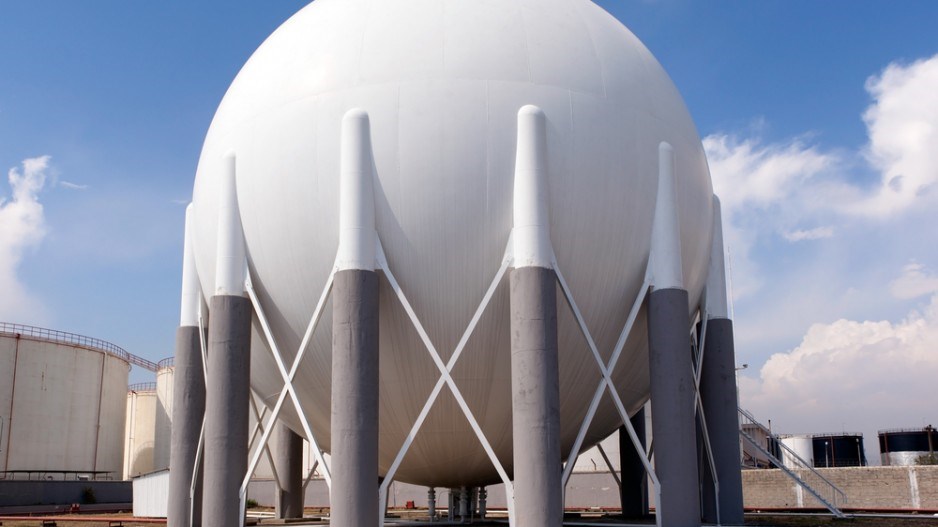Plans to export LNG from B.C. to Asia could establish the province as a global supplier, but both the province and industry must move quickly and aggressively to beat out the competition and capture market share in Asia, according to recent research from the Canada West Foundation.
"World LNG demand has grown at more than 7.5 per cent per year in the past decade and is predicted to surpass 400 million tonnes per annum by 2021," notes Len Coad, director of the Centre for Natural Resources Policy. "While this appears to be a sure thing for British Columbia, success hinges on multiple factors -- including timing, pricing, cost and shale gas resources in China."
The report, Managing Expectations: Assessing the Potential of BC's Liquid Natural Gas Industry, warns that competition among projects and other suppliers will put downward pressure on potential revenues and the number of projects that successfully move forward. To make the most of this opportunity, the plan for development should include the four following steps:
- measures for the B.C. government and industry to move quickly to out-manoeuvre competitors, including LNG from established suppliers, pipeline imports from Russia and shale gas development in China;
- preparation for a more modest natural gas boom in the event that projected production and revenues build more slowly;
- greater attention paid to the risks facing the industry such as supply and transportation costs to ensure that price competitiveness is maintained; and
- continued focus on other opportunities for natural resource development.
"By 2025, there may be more gas available to Asian buyers than they will need. This means that B.C. will face strong competition," Coad added.




